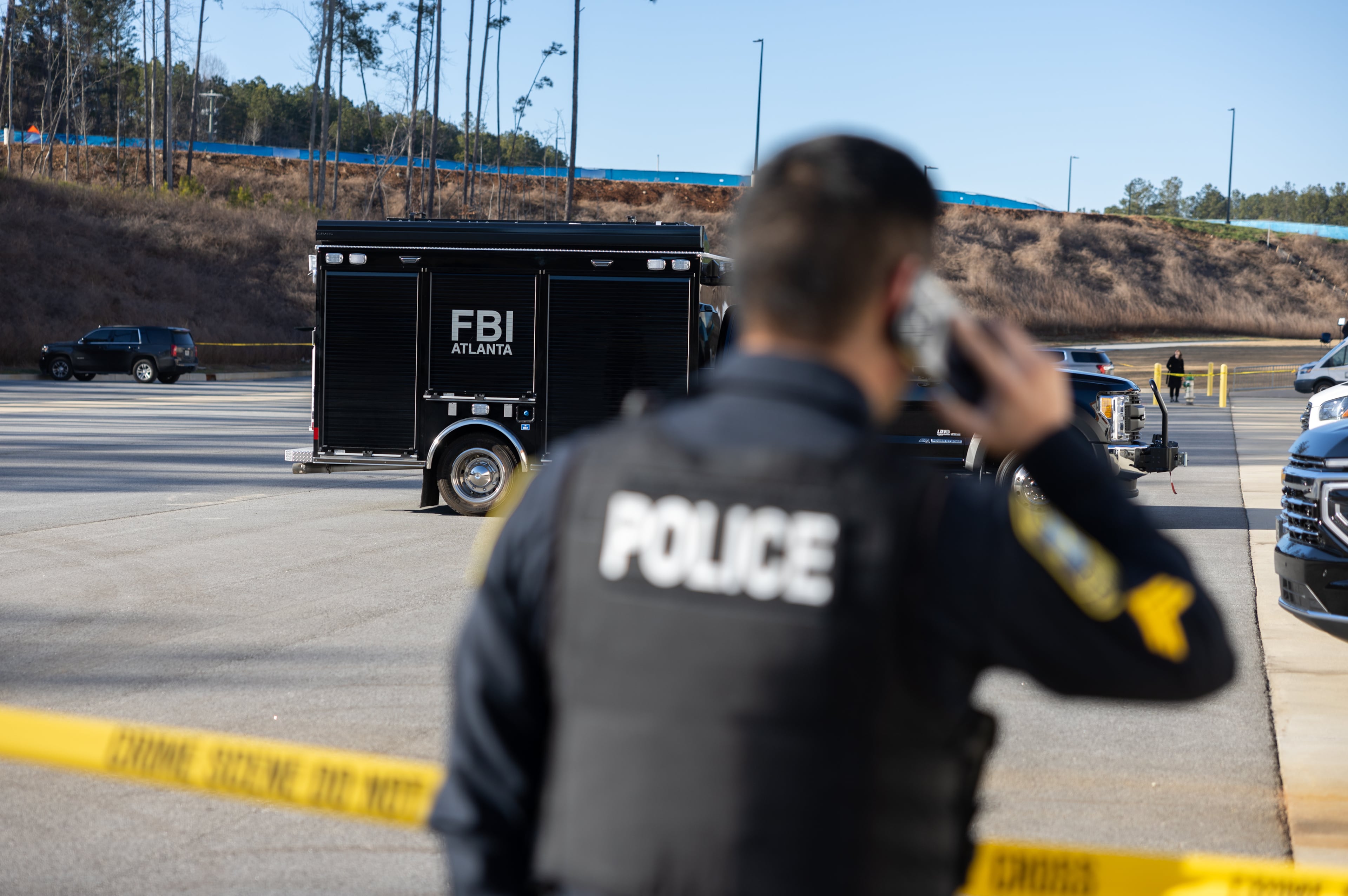Georgia and other swing states pledge fair elections

ANN ARBOR, MICH. — Top election officials from Georgia and other swing states met Thursday to assure the public their elections are fair and accurate.
Georgia Secretary of State Brad Raffensperger outlined a host of measures the state takes to ensure voting is secure. Election officials from Arizona, Michigan, North Carolina, Pennsylvania and Wisconsin offered similar assurances.
Their remarks come as former President Donald Trump continues to claim — without evidence — that the 2020 election was stolen and to suggest the same might happen this year. It’s a message that has resonated with Trump’s followers. A new Atlanta Journal-Constitution poll found that two-thirds of likely Georgia voters are confident this year’s election will be conducted fairly and accurately, but more than half of Republicans in the state are not.
Now swing state officials are trying to spread a different message.
“In Georgia, we’re making sure we have free, fair and fast elections,” Raffensperger, a Republican, said Thursday.
Four years ago, Democrat Joe Biden won five of the six states represented Thursday by relatively narrow margins. But Trump claimed massive voting fraud had cost him the election. Numerous investigations found no credible evidence of widespread fraud that could have changed the outcome of the election.
In Georgia, for example, Trump claimed thousands of ballots were cast in the names of dead people. The actual number was four — all of them returned by relatives.
Among other things, Trump and his supporters also claimed a video of election night ballot counting at State Farm Arena was a “smoking gun” for fraud. Investigators found it showed only normal ballot counting, and last year a jury ordered former Trump attorney Rudy Giuliani to pay $148 million for defaming two election workers featured in the video.
Trump now faces criminal charges in Georgia and Washington, D.C., for his efforts to overturn a valid election.
On Thursday, swing-state election officials said they’re trying to address voter skepticism by providing accurate information showing how election procedures prevent misconduct. Among other things, they addressed the false contention that large numbers of noncitizens are poised to vote in November.
In Georgia, people must present proof of citizenship before they register to vote at the Department of Driver Services. Raffensperger said a small number of people have attempted to register without providing documentation — “probably because they didn’t understand the language.”
But two years ago, the secretary of state’s office conducted an audit and found no noncitizens had voted. Another such audit is underway, and polling locations this year will feature signs declaring that only American citizens can vote.
“Folks, noncitizens are not voting in the state of Georgia,” Raffensperger said.
The officials also addressed concern that they don’t adequately remove ineligible voters from their rolls — the subject of numerous lawsuits this year. For example, they discussed a host of precautions they take to ensure people don’t cast ballots on behalf of dead people. That includes checking Social Security death records, checking records of other agencies and reading obituaries.
Early ballots are sometimes cast by people who die before Election Day. But, in Georgia, those ballots are legal and accepted.
“It’s just honoring one of their last acts,” said Bartow County Election Supervisor Joseph Kirk, who spoke at Thursday’s conference.
Election officials walked through numerous checks designed to prevent fraud during the voter registration, voting and postelection periods.
“We’re actually pretty good at what we do,” Kirk said. “We have a lot of checks in place before we even issue a ballot, and I stand by our work.”



